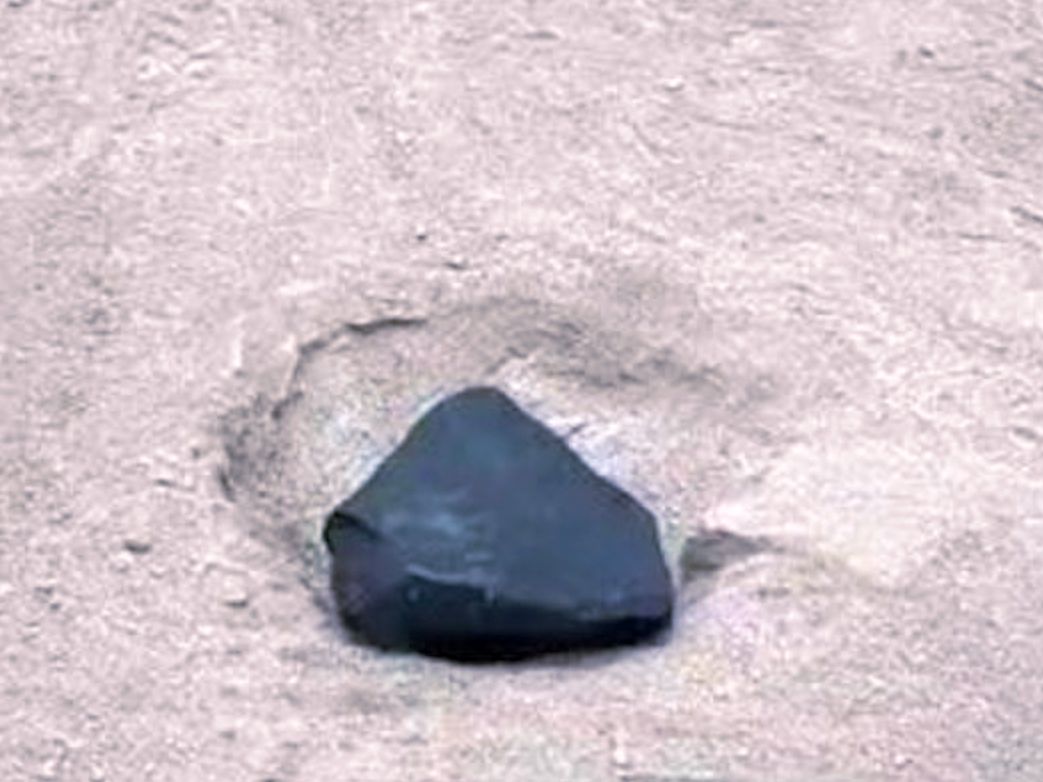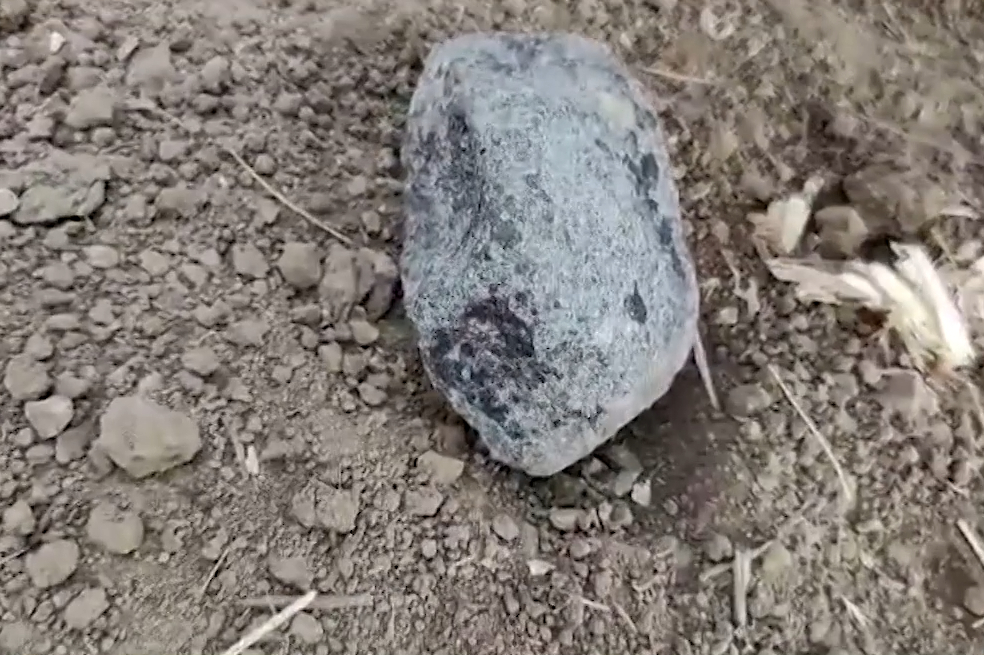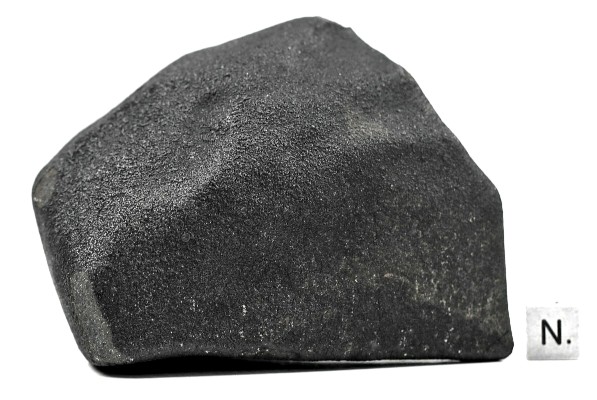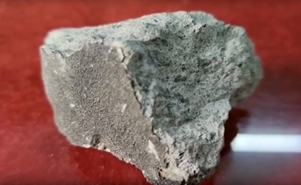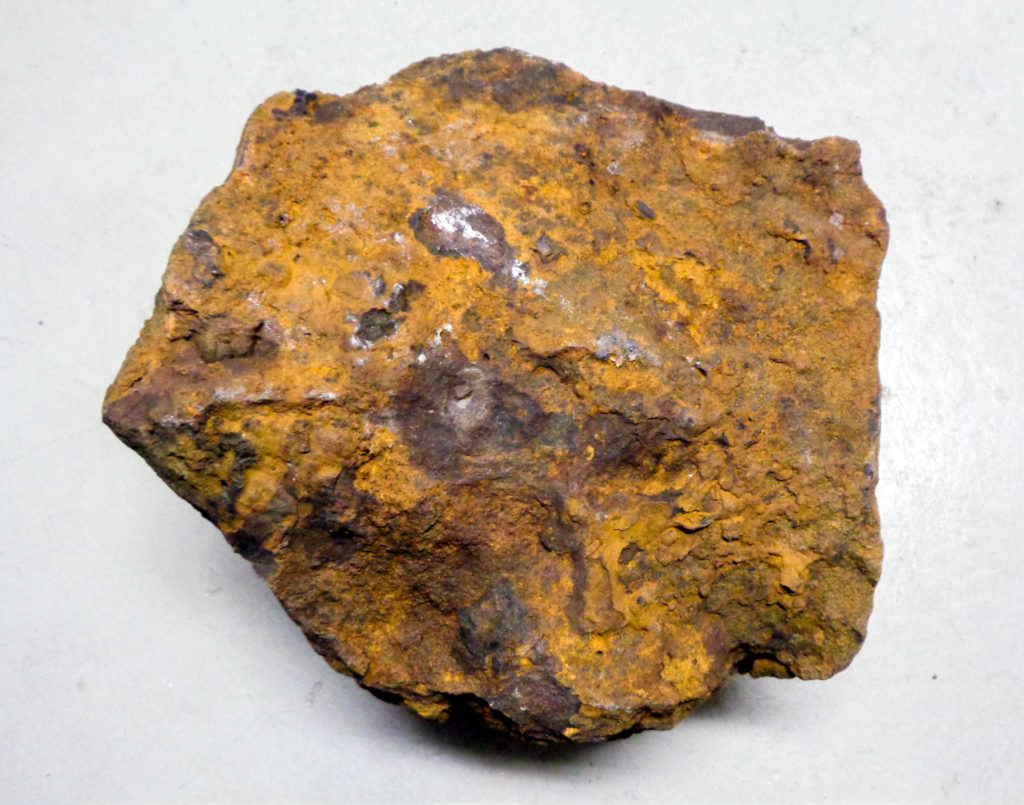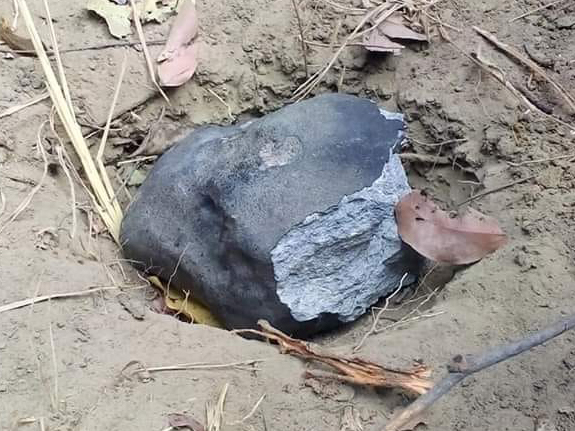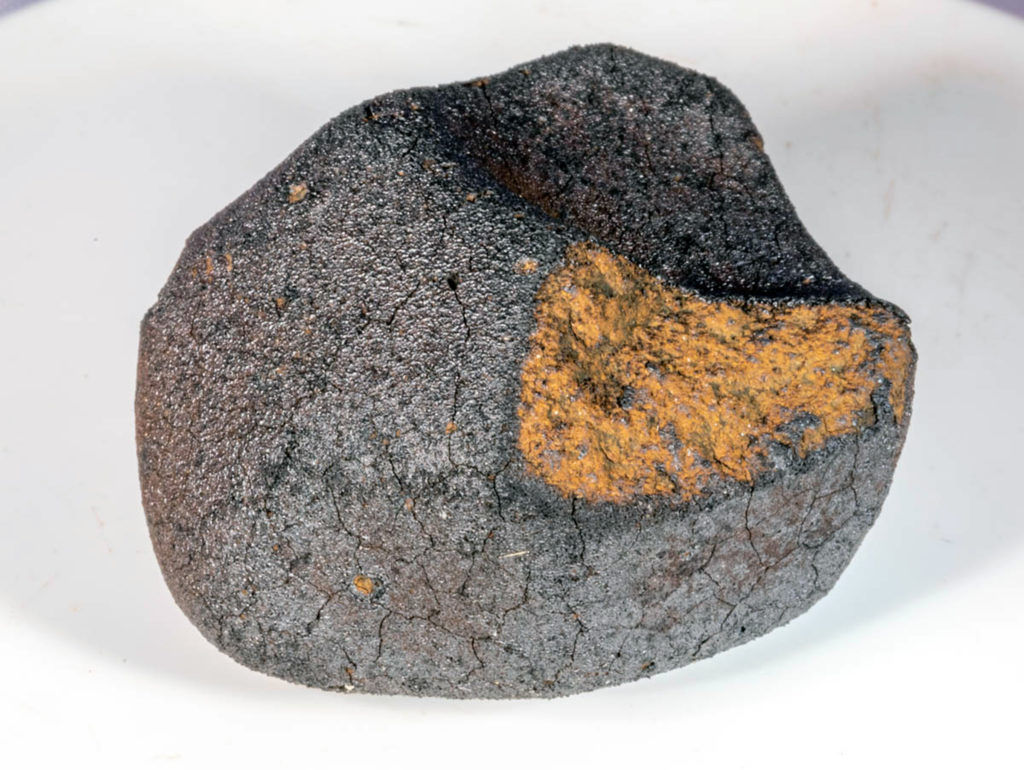Iron isotope evidence for very rapid accretion and differentiation of the proto-EarthOPEN ACCESS
Martin Schiller, Martin Bizzarro, and Julien Siebert
Science Advances 12 Feb 2020:
Vol. 6, no. 7, eaay7604
DOI: 10.1126/sciadv.aay7604
LINK (OPEN ACCESS)
PDF (OPEN ACCESS)
“Nucleosynthetic isotope variability among solar system objects provides insights into the accretion history of terrestrial planets. We report on the nucleosynthetic Fe isotope composition (μ54Fe) of various meteorites and show that the only material matching the terrestrial composition is CI (Ivuna-type) carbonaceous chondrites, which represent the bulk solar system composition. All other meteorites, including carbonaceous, ordinary, and enstatite chondrites, record excesses in μ54Fe. This observation is inconsistent with protracted growth of Earth by stochastic collisional accretion, which predicts a μ54Fe value reflecting a mixture of the various meteorite parent bodies. Instead, our results suggest a rapid accretion and differentiation of Earth during the ~5–million year disk lifetime, when the volatile-rich CI-like material is accreted to the proto-Sun via the inner disk.”

